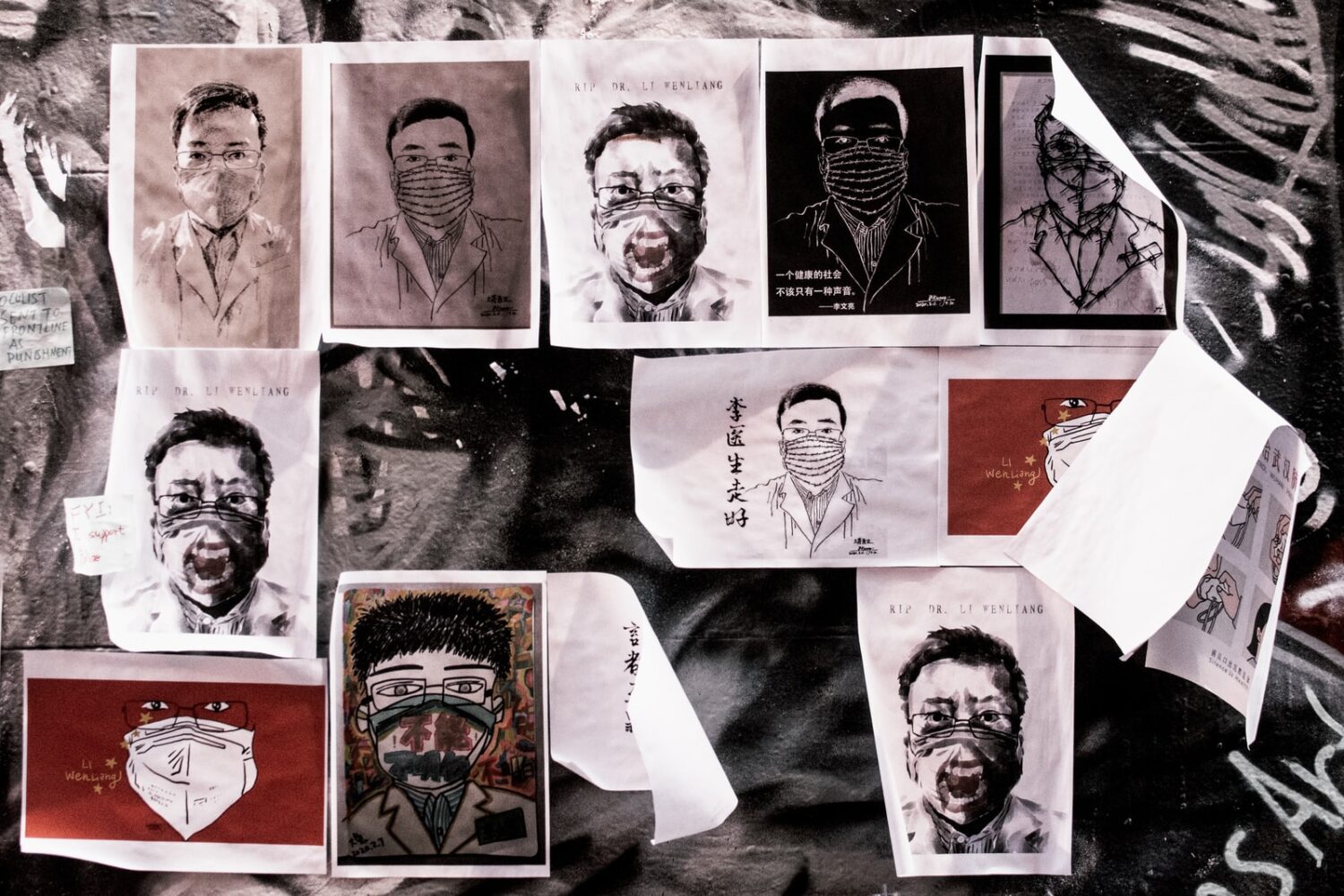Vatican News English Africa Service – Vatican City
“We stand with the truth that the Catholic Bishops so ably articulated,” reads a statement issued by the Evangelical Fellowship of Zimbabwe President, Bishop Never Muparutsa -the Presiding Bishop of the Pentecostal Assembly of Zimbabwe. Bishop Muparutsa referred to a “multi-layered crisis of … economic collapse, deepening poverty, food insecurity, corruption, and human rights abuses” in Zimbabwe. With all these happening, EFZ stands with the Catholic Bishops, Muparutsa explained.
“We stand with the truth that the Government is focused on things other than national democratic priorities,” said the EFZ head.
We pledged not to allow politicians to divide us
Speaking in an interview with Jayson Casper, of Christianity Today, Bishop Never Muparutsa said the Evangelical Fellowship of Zimbabwe had decided to side with the Catholic Bishops because Churches in Zimbabwe have in the past discussed ecumenical cooperation and unity. The Churches have pledged not to allow themselves be divided by politicians.
“We realised that when we are divided, politicians take advantage. We have not eradicated this completely; politicians still divide us for particular agendas. But we have all agreed that in national matters we must be united, in order to move society in a positive direction. The Church must be nonpartisan, but at the same time, be concerned about the well-being of the general population. We must be the voice of the weak and the voiceless. We must hold our government accountable when it comes to looking after the vulnerable. Sometimes this makes us look like we are pro-Opposition. But we have nothing to do with the Opposition because they are not in power. Our interactions instead are with those in power, because they bear the responsibility,” Bishop Muparutsa told Christianity Today.
Pastoral Letter condemned Government crackdown on dissent
The Zimbabwe Catholic Bishops’ Conference (ZCBC) on 15 August issued a strong Pastoral Letter that criticised the country’s heavy-handed clampdown on dissent. Many activists, political actors and journalists are still being held in prison after the 31 July protests. The Pastoral Letter also condemned corruption, widespread human rights abuses, and the Government’s handling of an economy in free fall.
Government’s attacks on Catholic Bishops
Zimbabwe’s Minister of Information, Publicity and Broadcasting Services, Senator Monica Mutsvangwa, responded to the Pastoral Letter with a personal attack on the Archbishop of Harare, Robert Christopher Ndlovu. The Government called the Archbishop “evil minded” and went on to cast aspersions on his integrity and that of the country’s Catholic Bishops as a whole.
While it comes naturally for Catholics and some civil society organisations to come to the defence of the Catholic Bishops, the voice of Zimbabwe’s Evangelical Churches speaks to a history of ecumenical unity.
We stand with Catholics because an insult to one is an insult to all
Bishop Muparutsa explained that the Catholic Bishops’ Pastoral Letter meant well.
“The Catholic (Bishops’ Pastoral) Letter was trying to provoke discussion, not give an insult. It pointed out problems like all of us were doing. But it received such a strong (Government) backlash. We felt that given the situation in the country if we just stand by and watch, we don’t know what will happen. We have journalists and activists in prison. There have been abductions with perpetrators unidentified, making us all vulnerable. So, this prompted us to stand with the Catholics, because an insult to one is an insult to all,” said Muparutsa.
Widespread disillusionment in Zimbabwe
Muparutsa also spoke of the disillusionment many Zimbabweans now find themselves in. When President Emmerson Mnangagwa assumed office in 2017, many were encouraged by his talk of the dawn of a new era.
“The former President (Rober Mugabe) left us with a system of mis-governance, human rights issues, and international sanctions. We were all very happy when (President Mnangagwa) was elected, hearing that he would turn over a new leaf. There was so much hope. Having been part of the system, we expected he would learn the lessons of the past and bring us back into the family of nations. But with the COVID-19 pandemic, problems began to multiply. We were already suffering, and our health situation became dire. The majority of our people live hand-to-mouth. But as workplaces closed due to the lockdown, there was civic upheaval because people were hungry,” said Bishop Muparutsa.
















